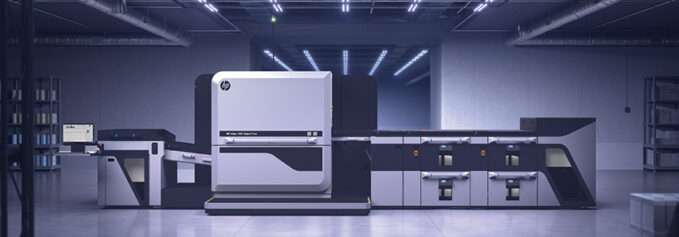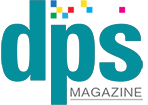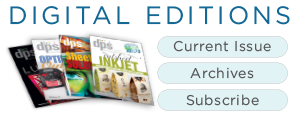
by Melissa Donovan
Print is making a comeback when it comes to photo albums, invitations, and more. Many traditional stationary stores are jumping into the fray, leveraging their customer bases by collaborating with knowledgeable print providers. Acting behind the scenes, these printers can do what they do best—print—and stores are able to work within brand standards to satisfy customer requirements.
Also known as a “white label solution” this type of arrangement is incredibly popular in the print space.
Family owned and operated, Alexander’s started out in 1979 as a multiple location copy shop and today is a global print and fulfillment enterprise working out of over 65,000 square feet of space. With a headquarters located 30 minutes south of Salt Lake City, UT in Lindon, the company serves clients in 14 countries and ships to 30 countries. 150 employees are tasked with carrying out its main capabilities, which include books and journals, photo products, direct mail, cards and invitations, and DIY shops. Alexander’s specializes in custom, print on demand products through technology-based solutions.
Most of the company’s clients request books and journals, cards and invites, and a variety of photo products. To achieve quality print, it welcomed digital print production into the fold in 1992 with the addition of a Xerox Docutech. In 1996 it purchased its first HP Indigo. In 2012, the company reached another milestone in becoming 100 percent digital with no offset presses in operation.
Jeff Alexander, founder/CEO, Alexander’s, says that today most of the business’ printing is completed with HP Indigo presses. “Digital automation allows us to scale more efficiently and serve a diverse set of clients across the globe.”
Its workhorse is the HP Indigo 100K—three of them as a matter of fact. “At Alexander’s we feel the HP Indigo 100K continues to offer the highest throughput in the B2 format for its footprint. The output meets the demands of our clients’ customers,” shares Alexander.
A productive, B2 digital solution, the press offers true digital, non-stop print capabilities at up to 6,000 sheets per hour. A five-input source feeder enables fast switchover between jobs and paper types. Its paper handling architecture operates with high predictability, similar to an offset device.
Another advantage of the HP Indigo 100K presses is the media versatility they offer. Especially for photo-quality work, Alexander’s can tackle an array of paper for books, journals, calendars, cards, and invitations with the help of the HP Indigo 100K.
Devoted to Digital
The photo industry benefits greatly from digital printing technology. Through its evolution, Alexander notes that its solved several challenges head on. The first—digital allows the company to print on demand, reducing inventory and waste.
Secondly, digital print’s short-run and one-off capabilities meet the growing demand for personalization and customization. “We are able to customize or personalize one-off products and efficiently print them by batching orders with like products. This allows us to provide the product to our clients at an affordable cost that still lets them create margins that allow their business to be profitable. Personalization also enables our clients to provide an elevated customer experience that helps them to win more business in the Customer Experience Era we live in today,” comments Alexander.
Web to Print
The print portion of digital isn’t the only technology Alexander’s leverages—the company takes advantage of workflow automation software. With an in-house team of eight developers, Alexander’s is able to integrate directly with its clients through an API. This allows them to batch customers’ orders on a daily basis and then ship directly to their customers as a white label solution.
The company chose to go the proprietary route and built its own automation system. The in-house software, referred to as Central, manages Alexander’s workflow from order receipt to order shipped. Clients can login to a portal to monitor order progress and communicate to their own customers as well.
This setup allows Alexander’s to be “a production partner to our clients and serve them almost as a member of their team,” as a white label solution, comments Alexander.
Alexander’s
Although the typical consumer is always on his/her phone, it’s become a trend to get those images off the phone and into some type of tangible, holdable, printable piece. Companies like Alexander’s take their experience in print and collaborate with a number of customers to generate photo products with the high-quality output and short-run affordability presented by digital printing.
Nov2022, DPS Magazine



